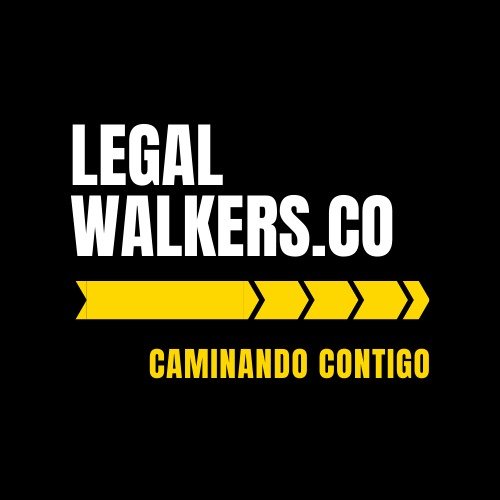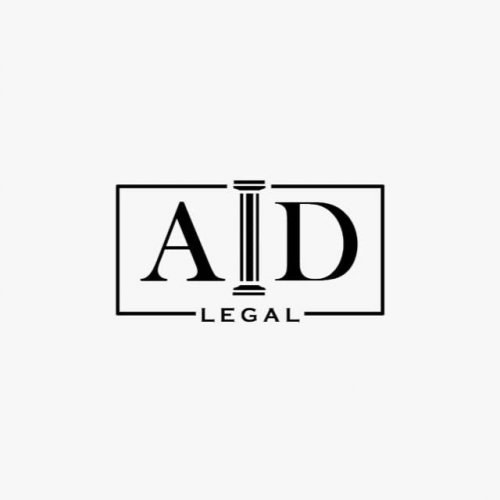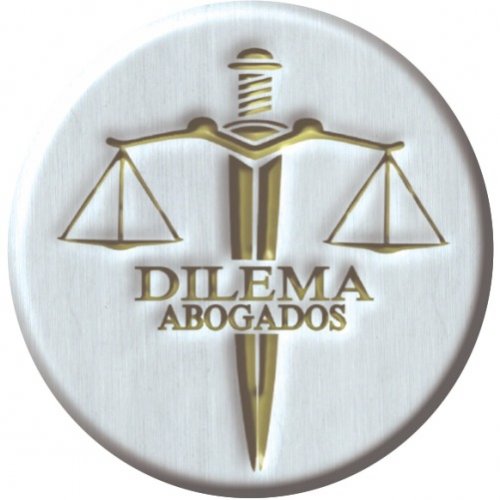Best Nonprofit & Charitable Organizations Lawyers in Medellín
Share your needs with us, get contacted by law firms.
Free. Takes 2 min.
List of the best lawyers in Medellín, Colombia
About Nonprofit & Charitable Organizations Law in Medellín, Colombia
Nonprofit and charitable organizations in Medellín, Colombia, operate within a legal framework designed to facilitate their formation and activities. These organizations play a vital role in addressing various social, economic, and environmental issues. The Colombian legal system offers pathways for establishing different types of nonprofits, such as foundations, associations, and corporations for social benefit. Understanding the regulatory environment, including registration processes, tax exemptions, and compliance obligations, is crucial for anyone looking to establish or manage a nonprofit in Medellín.
Why You May Need a Lawyer
There are multiple reasons why individuals and organizations involved with nonprofits might seek legal assistance:
- Understanding Start-up Procedures: Legal support in setting up a nonprofit organization, including drafting articles of incorporation and bylaws.
- Compliance Issues: Ensuring ongoing compliance with local regulations, such as tax filings and employment laws.
- Tax Benefits: Navigating the application process for tax-exempt status and understanding related benefits.
- Governance: Advice on structuring the organization’s governance for optimal functionality and legal compliance.
- Contracts and Agreements: Reviewing and drafting contracts, partnership agreements, and other legal documents.
- Dispute Resolution: Handling disputes that may arise with donors, partners, or within the organization.
- Fundraising Guidance: Legal advice on conducting fundraising activities that comply with applicable laws.
Local Laws Overview
Key aspects of local laws relevant to nonprofit and charitable organizations in Medellín include:
- Registration and Legal Personality: All nonprofits must register with the Colombian Chamber of Commerce to obtain legal status and capacity to operate.
- Taxation: Nonprofits may qualify for tax exemptions, but they must comply with reporting requirements to maintain these benefits.
- Governance: Specific rules govern board member responsibilities and the organization's governance structure.
- Financial Reporting: Nonprofits must keep transparent financial records and may require annual audits depending on their size and scope.
- Employment Law: Nonprofits must adhere to Colombian labor regulations when hiring employees.
- Public Benefit and Compliance: Organizations must operate in a manner that serves the public interest, and non-compliance can lead to sanctions.
Frequently Asked Questions
What types of nonprofit organizations can be established in Medellín?
In Medellín, you can establish a foundation, a nonprofit corporation for social benefit, or an association, each with specific purposes and requirements.
Do nonprofits in Colombia pay taxes?
Nonprofits may be eligible for tax exemptions if they meet certain criteria, but they are required to comply with reporting obligations annually to maintain this status.
What is required to register a nonprofit in Medellín?
Registration involves drafting legal documents such as the incorporation deed, obtaining approval from a public notary, and registering with the Chamber of Commerce.
Can a nonprofit in Medellín engage in commercial activities?
Yes, however, any commercial activities should be related to their mission, and profits must be reinvested in the organization's objectives.
Are there specific governance regulations for nonprofits?
Yes, the law specifies governance structures, including the roles and responsibilities of the board of directors and how meetings should be conducted.
What should be included in a nonprofit's bylaws?
Bylaws should outline the organization's mission, governance structure, membership rules, and procedures for meetings and decision-making processes.
Is there a legal framework for fundraising in Colombia?
Yes, fundraising activities are regulated, and organizations must ensure that they comply with relevant laws to avoid penalties.
What are the key compliance obligations for nonprofits?
Compliance obligations include financial reporting, transparency requirements, and maintaining a legal status through regular filings.
How can a nonprofit maintain its tax-exempt status?
To maintain tax exemption, a nonprofit must operate for public benefit and comply with the National Tax and Customs Authority's reporting requirements.
What legal protections are available for donors?
Donors are protected under contract law, and nonprofits must use the funds as intended and agreed upon at the time of donation.
Additional Resources
Numerous resources are available for individuals seeking further information or assistance:
- Chamber of Commerce Medellín: Provides insights on registration and legal compliance for nonprofits.
- DIAN (National Tax and Customs Authority): Offers guidance on tax exemptions and filings.
- Confecámaras: An organization that supports business and charitable activities, including nonprofits.
- Universidad de Antioquia - Law School: Offers resources and legal clinics for community support.
- Local Legal Aid Services: Various NGOs and governmental bodies provide free or low-cost legal aid.
Next Steps
If you need legal assistance in Nonprofit & Charitable Organizations, consider the following steps:
- Research and contact local law firms or legal consultants specializing in nonprofit law.
- Consider scheduling a consultation with a local expert from a university or legal aid clinic.
- Engage in online forums and networks for nonprofit administrators in Colombia for peer support.
- Review documents provided by the Chamber of Commerce and DIAN to ensure full understanding and compliance.
- Maintain open communication with your board and legal counsel to address potential issues proactively.
Lawzana helps you find the best lawyers and law firms in Medellín through a curated and pre-screened list of qualified legal professionals. Our platform offers rankings and detailed profiles of attorneys and law firms, allowing you to compare based on practice areas, including Nonprofit & Charitable Organizations, experience, and client feedback.
Each profile includes a description of the firm's areas of practice, client reviews, team members and partners, year of establishment, spoken languages, office locations, contact information, social media presence, and any published articles or resources. Most firms on our platform speak English and are experienced in both local and international legal matters.
Get a quote from top-rated law firms in Medellín, Colombia — quickly, securely, and without unnecessary hassle.
Disclaimer:
The information provided on this page is for general informational purposes only and does not constitute legal advice. While we strive to ensure the accuracy and relevance of the content, legal information may change over time, and interpretations of the law can vary. You should always consult with a qualified legal professional for advice specific to your situation.
We disclaim all liability for actions taken or not taken based on the content of this page. If you believe any information is incorrect or outdated, please contact us, and we will review and update it where appropriate.










